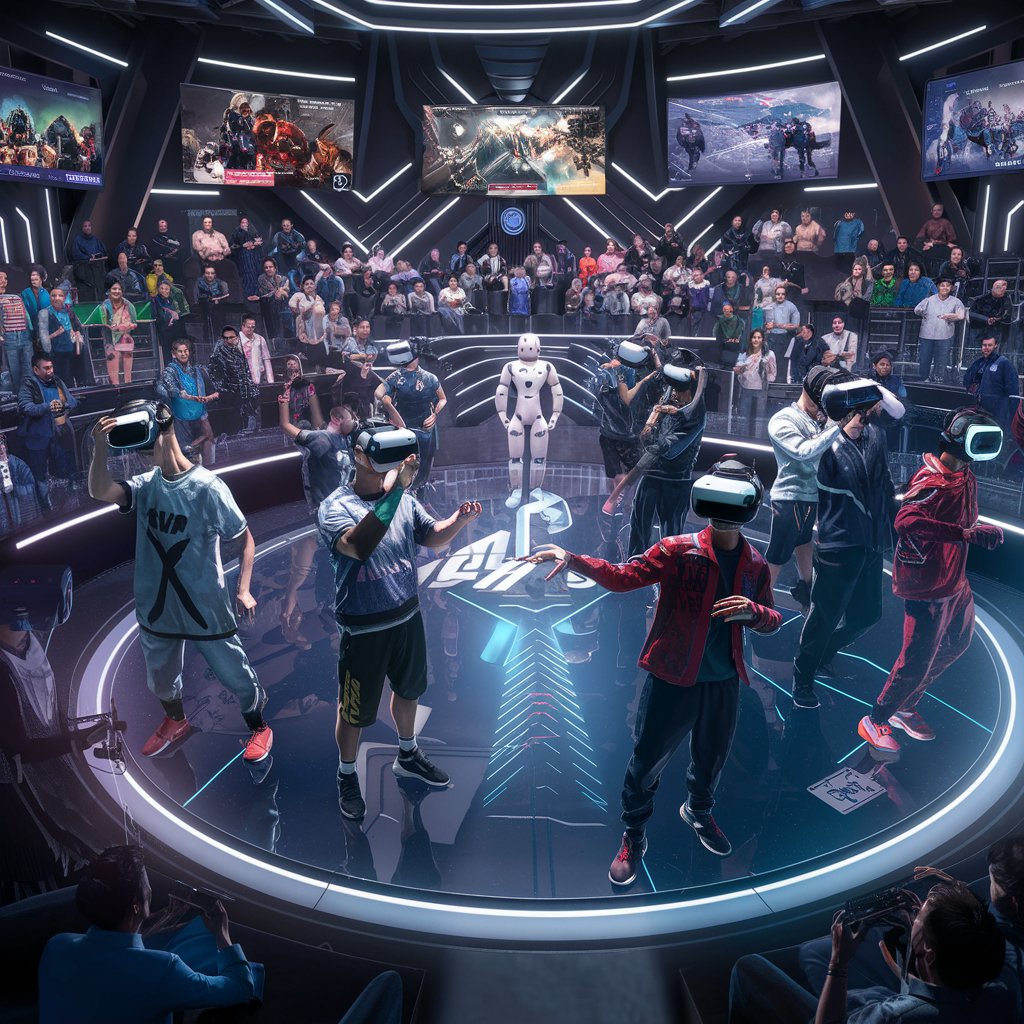Virtual reality (VR) is driving a transformative evolution in game genres, reshaping the landscape of competitive play in ways that were previously unimaginable. As VR technology continues to advance, it is introducing new possibilities and innovations that are redefining traditional game genres and creating entirely new ones. This shift is not only enhancing player experiences but also expanding the horizons of competitive gaming.
The impact of VR on game genres is profound, particularly in how it alters gameplay mechanics and player interactions. Traditional genres such as first-person shooters (FPS), real-time strategy (RTS), and multiplayer online battle arena (MOBA) games are experiencing significant changes in their VR iterations. In FPS games, for example, VR introduces a level of immersion that goes beyond mere visuals, allowing players to physically move, aim, and interact with the game environment. This new dimension of gameplay enhances tactical decision-making and spatial awareness, creating more dynamic and engaging competitive experiences.
In the realm of RTS games, VR offers a unique approach to managing and controlling units. Players can interact with game maps in three dimensions, providing a more intuitive way to issue commands and strategize. This spatial interaction not only makes the gameplay more immersive but also adds complexity to strategy development, as players can manipulate and view their virtual battlefield from various angles.
MOBA games are also evolving with VR, where the immersive nature of the technology enhances team coordination and individual player performance. VR environments allow players to experience the game world in a more interactive and realistic manner, leading to new strategies and gameplay dynamics. The ability to physically navigate the virtual space and interact with objects adds layers of depth to the competitive experience.
Beyond these established genres, VR is also fostering the creation of entirely new game genres tailored to its unique capabilities. Games that emphasize physical activity, such as virtual sports and fitness challenges, are becoming popular. These VR games leverage physical movement and spatial interaction to create engaging competitive experiences that combine traditional gaming with exercise and athleticism. This genre not only broadens the scope of competitive play but also appeals to a diverse audience seeking new forms of entertainment.
The evolution of game genres through VR also brings new challenges and opportunities for developers and players alike. The development of VR games requires a deep understanding of spatial design, motion controls, and user experience. Creating balanced and fair competitive environments in VR demands careful consideration of factors such as movement mechanics, player comfort, and system performance. Developers must address these challenges to ensure that VR competitive games are enjoyable, accessible, and competitive.
Looking ahead, the future of VR in competitive gaming is full of potential. As technology advances, we can expect further innovations in game design and genre development. Emerging trends, such as the integration of artificial intelligence and machine learning with VR, could lead to even more sophisticated and personalized competitive experiences. Additionally, the continued growth of VR esports and competitive events will likely drive further exploration and experimentation with new game genres and formats.
In summary, VR is playing a pivotal role in the evolution of game genres, introducing new mechanics and creating novel competitive experiences. As VR technology continues to develop, it will undoubtedly shape the future of competitive play, offering exciting possibilities and transforming how players interact with their games. The ongoing evolution of VR game genres promises to expand the boundaries of competitive gaming and provide innovative experiences for players and fans.

